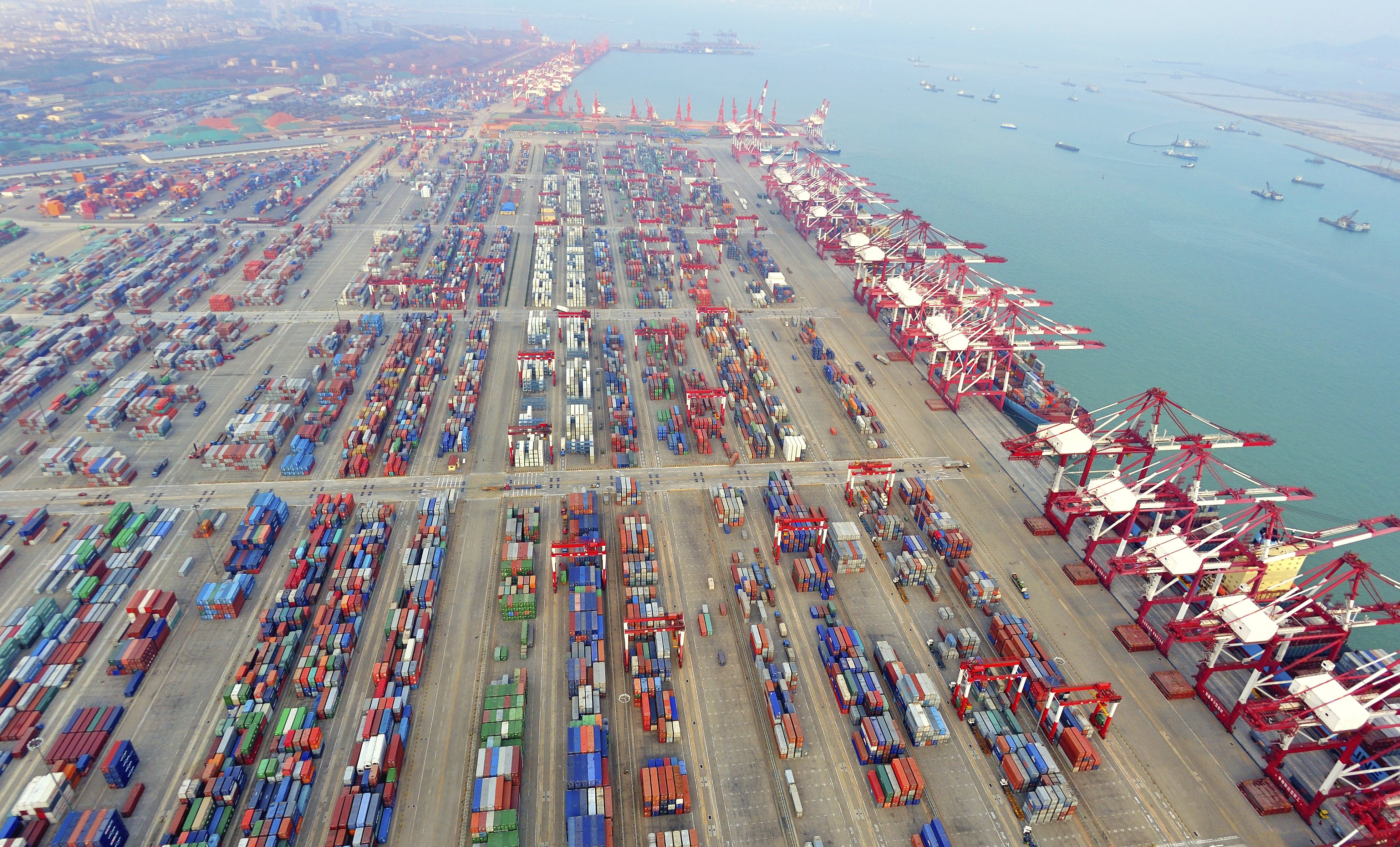A renewed Canadian trade policy agenda is likely to influence the future direction of the trends driving Canadian manufacturing and their global supply chain decisions. For example, improved market access for Canadian energy exports of liquefied natural gas and crude oil to overseas markets has the potential to reinforce the existing trend to more upstream production of intermediate products. In sharp contrast, a Free Trade Agreement with the European Union would provide more value-added opportunities for Canadian manufacturers. So port authorities, shippers, railways, pipeline companies and others have an acute and vested interest in knowing the Conservative government’s priorities and most importantly the steps the government is taking to ensure public support for their ambitious trade agenda.To date, progress on completing new international trade agreements has been very modest. Before 2006, Canada signed only three new trade agreements in 13 years. Since the Conservative government was first elected, Canada has signed new trade agreements or associations with nine countries. The agreement with the largest market potential to generate significant trade volume growth was the Canada-European Free Trade Association. This agreement primarily involves tariff reductions and a full Free Trade Agreement. However, an expanded European Union Comprehensive Economic and Trade Agreement (CETA) have remained elusive.
Michael Hart, the Simon Reisman chair in trade policy at Carleton University, noted in his book Fifty Years of Canadian Tradecraft that as a “relatively small player Canadians need to be quick, early, and creative if we are to influence the content and course of trade negotiations”. BC’s shipping community will be well served if our political leaders heed Mr. Hart’s advice as they pursue a renewed Canadian trade policy agenda.

